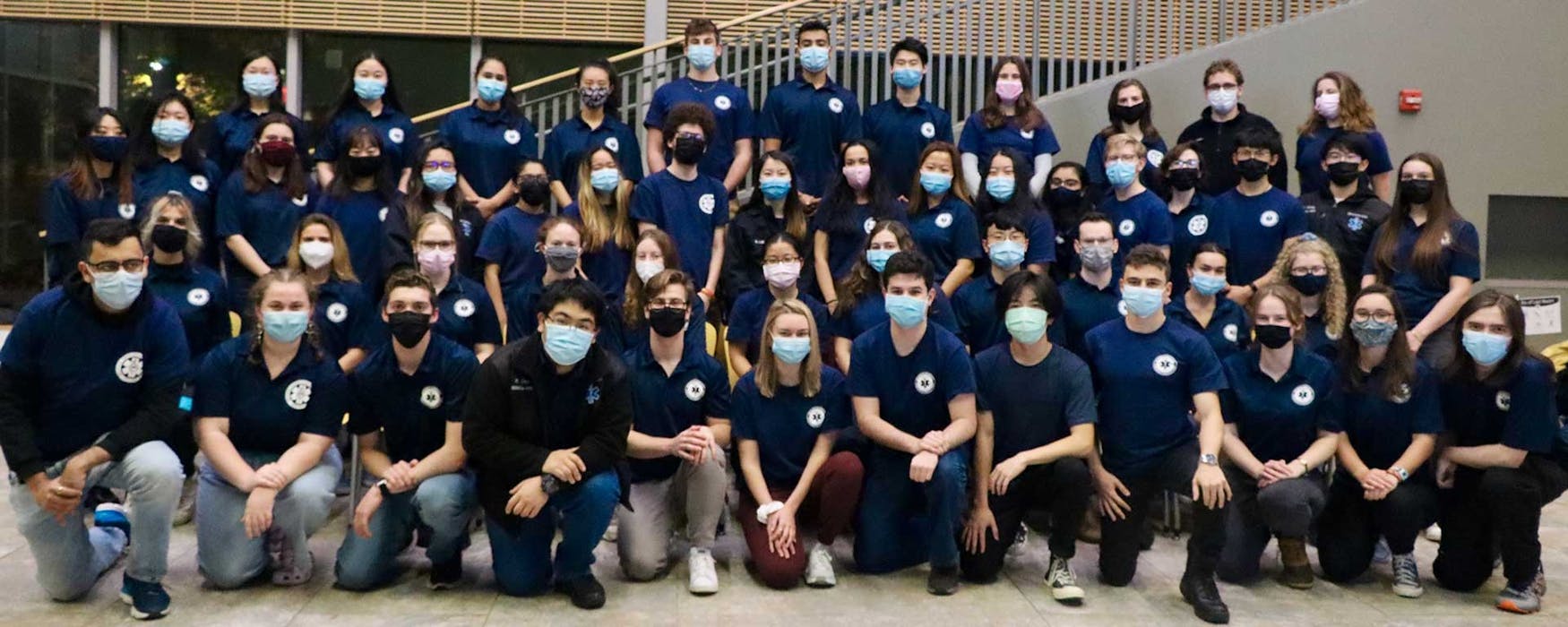The importance of student employment
Student employment is incredibly vital to the functionality of Brandeis campus. Our Brandeis University Medical Corps service is a student-run, volunteer emergency group that provides medical attention to the Brandeis community. In addition, the BranVan is a student-run shuttle service that helps students, faculty, and staff to different parts of campus and Waltham. Our student research positions also serve as a great help to our community and faculty as researchers further along and contribute to academic projects and shape the curriculum of future class courses. Students can generally apply for these jobs through Workday, but the application process varies. Those with work study are given priority for the first month of the fall semester. Brandeis advertises that it has over 200 student-run clubs and organizations. However, a large majority of students within organizations are not adequately compensated.
The services provided by these and countless other organizations are crucial to the well-being of the student body. While the students that join these organizations are enthusiastic about helping others and happily offer these services without financial compensation, it is not sustainable or realistic for full-time students to volunteer a significant amount of time to multiple clubs for services that would be compensated in other settings. This is especially an issue for students who have to make a decision between working a part-time job or volunteering in order to meet financial goals. Last year, the Student Union approved a student leader payment program, where four secured clubs — BEMCo, Waltham Group, the Student Sexuality Information Service, and the Union — were given yearly stipends to pay certain e-board members starting fall 2022. “Funding for the $50,200 total per year payments will come from the Student Accessibility Fund, specifically from skimming the ‘off-the-top’ funding category,” per a Feb. 2022 Justice article. This board applauds the steps taken by the Student Union to ensure student pay within clubs and asks that the University administration be more involved in this process.
Uncompensated work extends beyond student-run clubs and organizations. In the academic setting, the policies across different research laboratories vary significantly in regards to pay. Some students get paid for doing research, while others must volunteer their time and get paid only for doing additional tasks around the lab. As of October 2021, the Undergraduate Research and Creative Collaborations approved new guidelines for undergraduate research participation. “In normal circumstances, students should either be paid or should receive academic credit for independent research,” the guidelines state, “In exceptional circumstances, students may petition to be allowed to volunteer outside of the employment and course structure for a period of up to 4 months.” Exceptional circumstances include starting research in the middle of a semester and working during the summer if funding is unavailable, per the website. Credit for research is usually in the form of a one credit class, except for those doing a senior thesis, who receive four credits.
This board commends the URCC for working to ensure that students involved in research are compensated—either through class credit or pay—for their work. However, this board questions whether one credit is enough for the amount of work students devote to research. While we understand that the one credit option is convenient for students who need to take 22 credits worth of classes, one course credit is not equivalent to what students would be paid if payment was the only option for principal investigators. This board also sees an issue with the implementation of these guidelines. Has the University developed a system to keep track of all students involved in research? Are there consequences for faculty who fail to follow these guidelines?
The current system, both at the academic and volunteer level, relies heavily on students’ enthusiasm and passion. However, it also amplifies disparities within the Brandeis community, since only students who can afford to volunteer part-time can join certain clubs, organizations, and research labs. Work-study, though included in many students’ financial aid packages and a selling point for prospective students, often goes unfulfilled. Work-study, according to the Office of Student Financial Services, is a work program funded by Brandeis and the federal government which is awarded to domestic undergraduate students. Under this program students can work at an on-campus department or an approved off-campus community service agency.
However, there has been an ongoing problem for students who wish to fulfill their work study requirements. In the article “ Work-Study, but no work?” written by Mirabell Rowland, she notes that just because one qualifies for student Work-Study does not mean they are guaranteed an on-campus job. That much is evident, in an interview with a Brandeis student, Rubaiya Nasim ’23, she details her experience with not being able to secure a job despite being a part of the Work -Study program. Nasim states that “Work-Study jobs are somehow way more competitive than I thought they would be. Sometimes you’d receive a letter rejecting you, but at times some departments didn’t even send a notice.” The lack of job accessibility for students on campus can lead to unforeseen financial hardships and an increase of pressure on students to stay afloat during the busy school year.
This board calls on the University to increase the number of jobs available for students, so that those with financial aid can fulfill their package, particularly as larger first-year classes increase the demand for on-campus jobs.
—Editor’s note: Editor Jack Yuanwei Cheng ’23 and the Undergraduate Research Creative Collective; Editor Natalie Kahn ’23 is a volunteer for Brandeis University Medical Corps. They did not contribute to or edit those parts of the article, pertaining to those organizations.



Please note All comments are eligible for publication in The Justice.